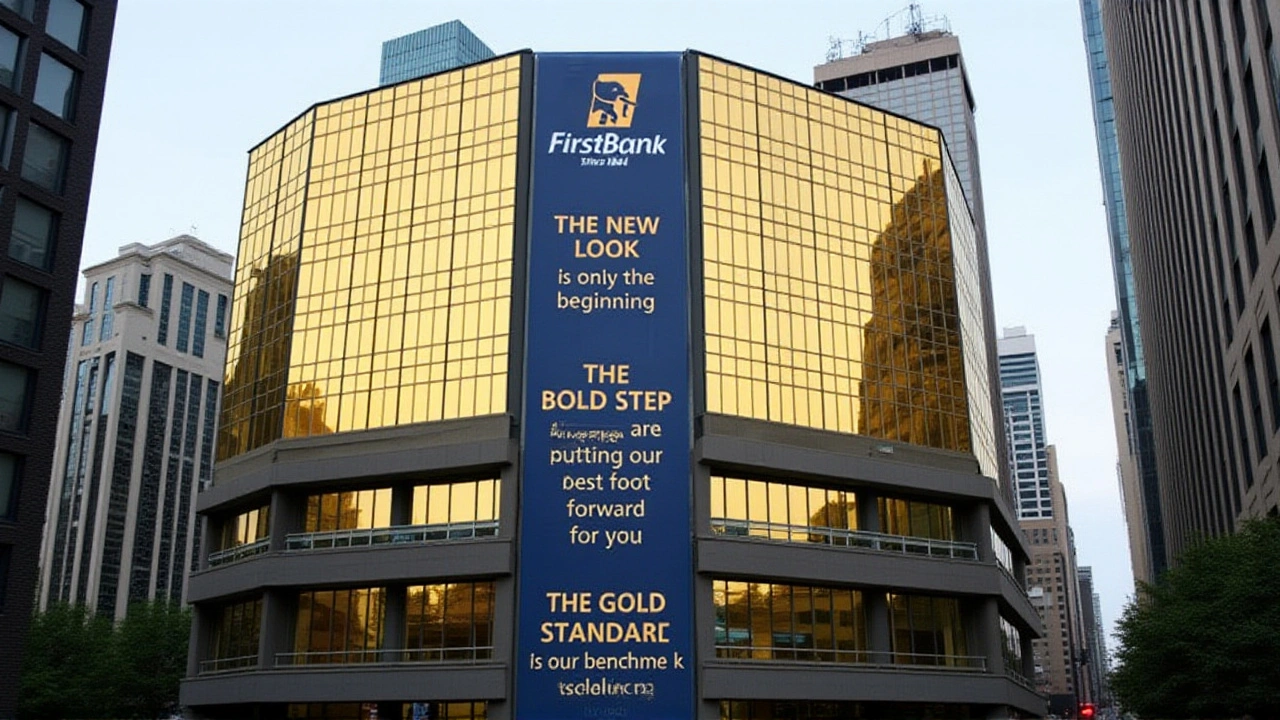Court of Appeal Abuja – What You Need to Know Today
Looking for straight‑forward info on the Court of Appeal Abuja? You’ve come to the right spot. This court is the highest appellate body for the Federal Capital Territory, handling appeals from lower courts, tribunals, and some administrative bodies. Its decisions shape Nigerian law, affect everyday folks, and set precedents that other courts follow. Below, we break down the court’s structure, recent rulings that matter, and how you can keep track of new judgments without getting lost in legal jargon.
How the Court Works and Where It Fits
The Court of Appeal Abuja sits in the Federal Capital Territory and operates under the Constitution of Nigeria. It has a President, several Deputy Presidents, and a roster of judges who sit in panels of three for most cases. When a party isn’t happy with a judgment from a High Court or a tribunal, they can file an appeal here within 30 days of the original decision. The court then reviews legal arguments, examines the record, and either upholds, reverses, or modifies the lower ruling.
Procedurally, filing an appeal involves submitting a notice of appeal, supporting affidavits, and a brief that outlines why the original decision was wrong. Fees vary based on the case type, but the court offers fee waivers for indigent appellants. Once the appeal is docketed, the judges set a hearing date, and parties are usually given a week to prepare oral arguments.
Recent Notable Decisions in Abuja
In the past few months, the Court of Appeal Abuja has handed down several high‑profile rulings. One landmark case involved a dispute over land allocation in Gwagwalada, where the court clarified the legal standards for proving undue influence in government contracts. The judgment emphasized that proof must go beyond mere suspicion, requiring clear evidence of corrupt intent.
Another case that grabbed headlines was the appeal on a criminal conviction for cyber‑fraud. The judges ruled that the trial judge had failed to properly admit electronic evidence, leading to a reversal and a remand for a new trial. This decision is already influencing how lower courts treat digital evidence across the country.
If you follow business news, you might have noticed the court’s ruling on a tax dispute involving a multinational corporation. The appeals panel upheld the tax authority’s assessment, citing specific provisions in the Companies Income Tax Act. The judgment is now being cited as a reference point for similar tax cases.
Staying on top of these rulings is easier than you think. The court publishes its judgments on the official Nigerian Courts website, and many legal blogs summarize the key takeaways within hours. For real‑time alerts, you can subscribe to the court’s RSS feed or follow reputable legal news portals that cover Abuja’s appellate decisions.
Whether you’re a lawyer, a student, or just a citizen curious about how the law works, understanding the Court of Appeal Abuja’s recent activity gives you a window into the country’s legal landscape. Keep checking back for updates, and feel free to use the resources above to dive deeper into any case that catches your eye.
First Bank Wins Appeal; Court Holds Crude Proceeds from GHL’s FPSO
First Bank wins a Court of Appeal victory over General Hydrocarbons, but the crude oil on FPSO Tokoni will be sold into a court‑run escrow, delaying direct access to $225.8 million.

